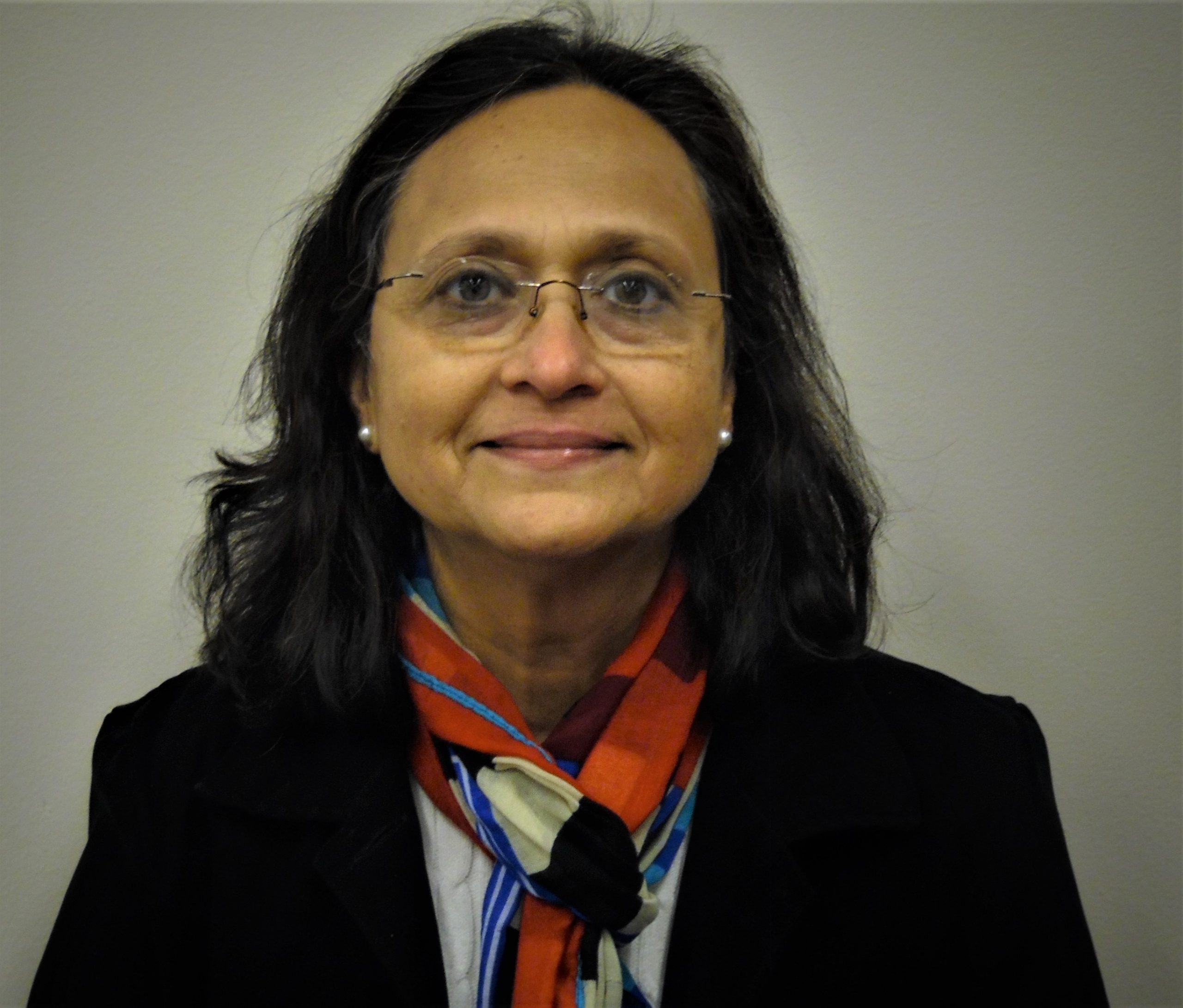For a few days in June, I sat down in an old building at Case Western Reserve University among 20 scholars, activists and artists to unpack the new class of books honored by the Anisfield-Wolf Book Awards.
I spoke of the immigrant experience, of entering this country as an adult in 1998, with only some knowledge of its complex history. Back in high school in New Delhi, I did study U.S. history, but barely remembered little more than the rolling prairies and the Boston Tea Party. The America I imagined was largely the one I saw on movie screens and television shows. I was largely ignorant of the harsh treatment of Native Americans, whom I had glimpsed in cowboy movies, and had barely a grasp on the long, annihilating history of slavery.
The titles in the Anisfield-Wolf Book Awards canon can help with that.
This year’s fiction winner, “There There,” explores the contemporary Native American experience in Oakland, Calif., telling a story of pride, confusion and shame. I could see reflections of my search as an immigrant for identity formation in Tommy Orange’s novel about the indigenous American search for identity reclamation.
The nonfiction recipient, “The War Before the War,” ponders the role of fugitive slaves in the build up to the Civil War. Our group’s discussions about the legacy of slavery and its link to today’s wealth disparities helped me gain new perspectives into the ongoing reality of race and injustice, from enslavement to mass incarceration.
When my family first settled in the suburbs of Cleveland in a mostly white neighborhood, it was all very different and new. I perceived, but could not fathom, the gulf between the suburbs and the core city, and the unequal treatment of minorities and poor communities.
But like most immigrants, I was wrapped up for many years in our family’s survival, in the challenge of finding jobs, and unraveling the mysteries of college admission. My first education about race and diversity arrived when I became a graduate assistant in the Office of Diversity & Multicultural Affairs at Cleveland State University. Working there exposed me to the turmoil of racism and economic inequalities in this country through speakers and campus events.
The summer seminar allowed me to pick up the thread of this learning. Like other Americans, I can fall into the trap of stereotyping people even as I am stereotyped myself. I was grateful for the chance to learn more about the deep and cruel disparities in our society, and some ideas about what an individual might do to combat them.
Our group talked of leveraging our collective experience and expertise towards improving our region. As an educator and journalist, I can take the discussions into the classroom and my communities.
Decoding the themes and writings of the four Anisfield-Wolf award-winners this year challenged me to think differently and explore how I could take these messages into the world outside. I encourage you to join me and read them.
Cheryl D’Mello is editor of The Lotus, the Asian Indian nonprofit community newspaper in Cleveland, and a lecturer at Cuyahoga Community College. This essay arose from her participation in the Cleveland Humanities Collaborative’s second annual Anisfield-Wolf faculty seminar, “Reading Social Justice: The Anisfield-Wolf Book Awards.” The Andrew W. Mellon Foundation funds the CHC.
